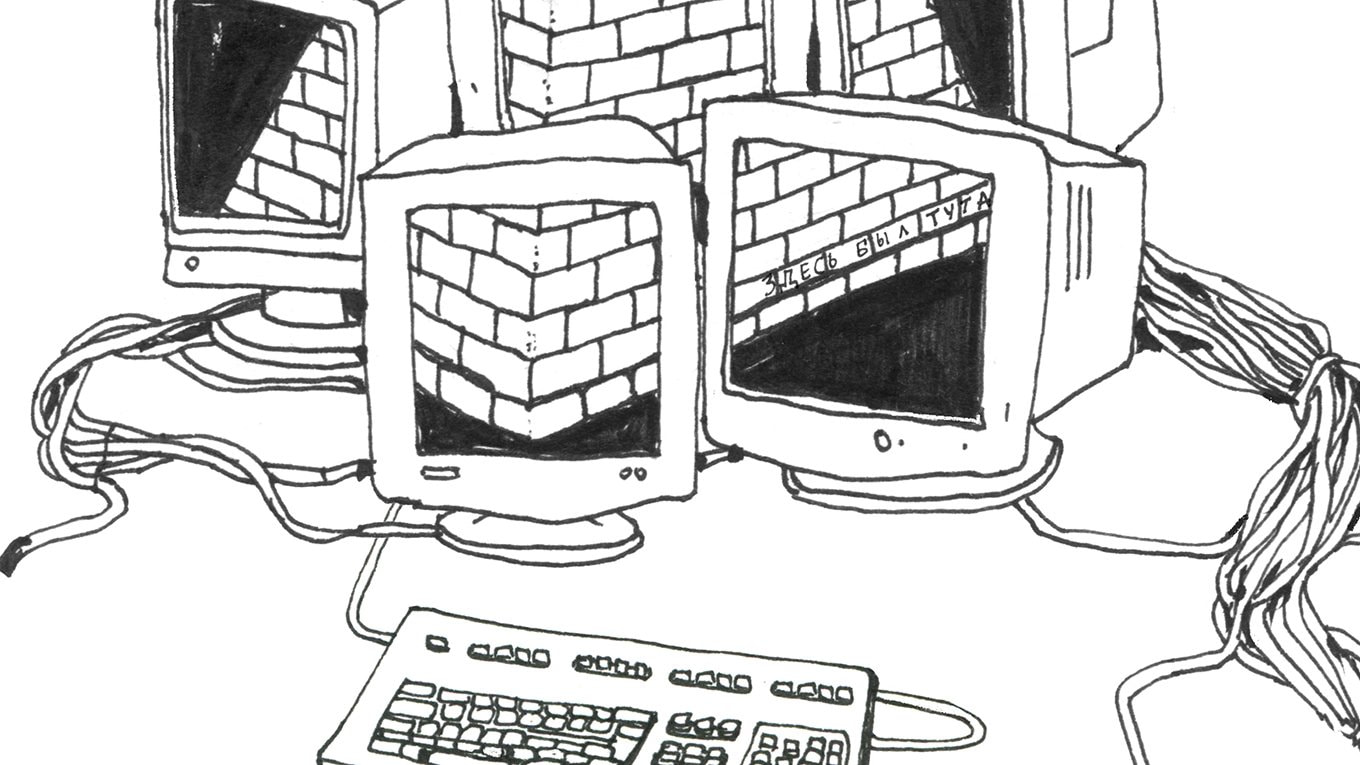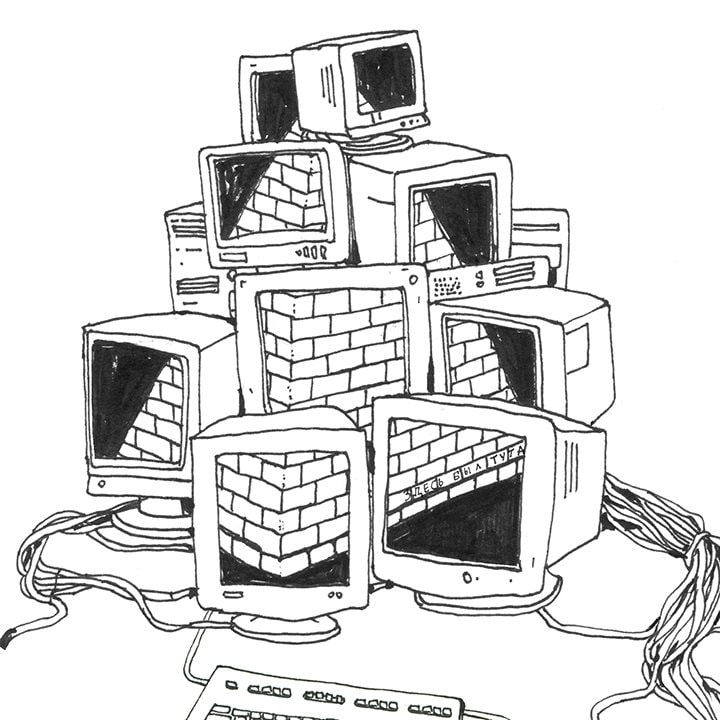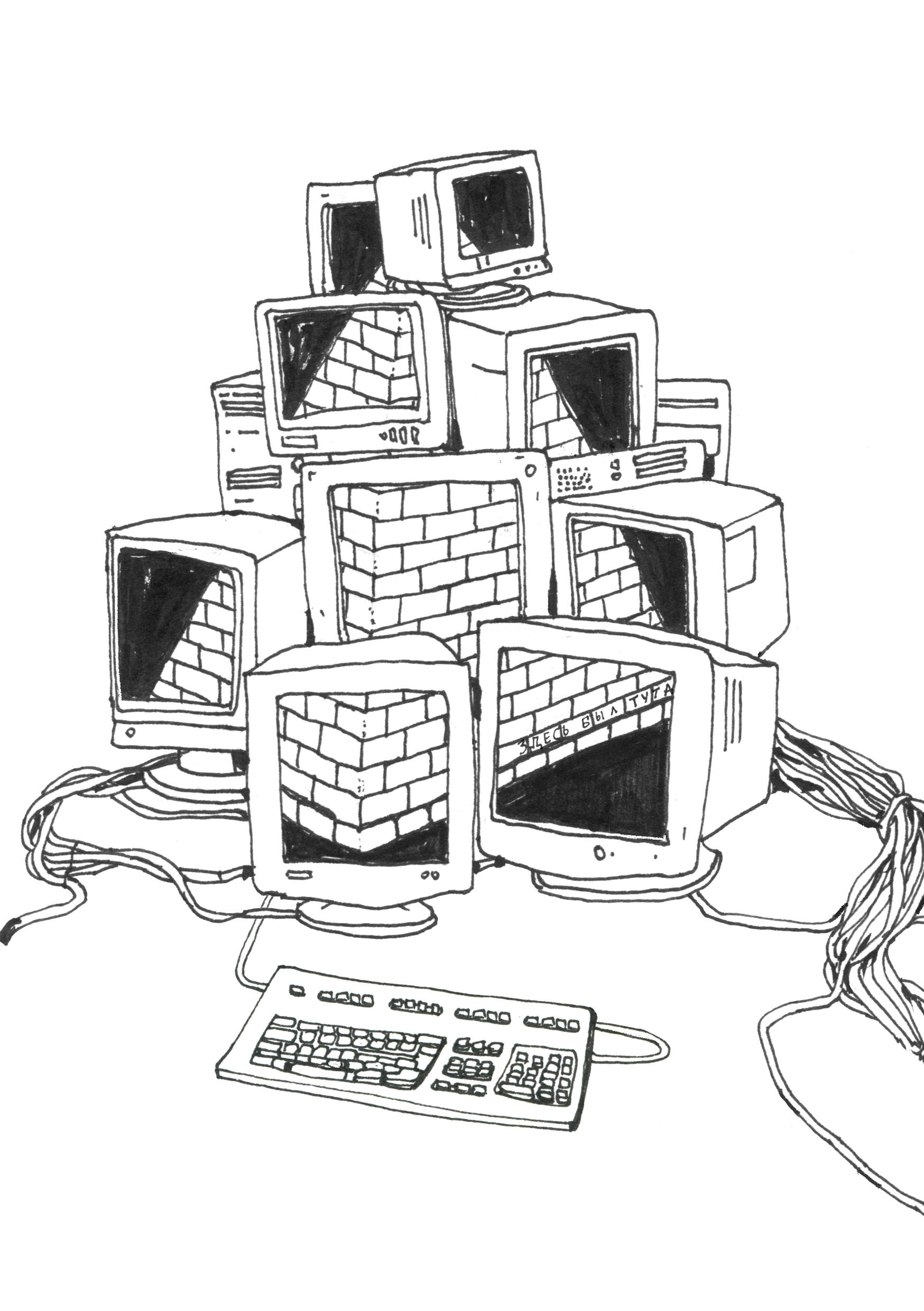The public program for the exhibition by Thomas Demand includes a cycle of discussions on the construction of public memory in the arts. Contemporary artists, researchers, writers, musicians, and filmmakers will discuss the role that various arts play in the thinking and rethinking of the past.
Art plays a key role in the interaction of individuals, communities, and societies with the past. It contributes to our understanding and rethinking of history, our dealing with tragic and traumatic historical events, the construction and preservation of cultural memory, and the creation of the imagery for the present and future.
The cycle of discussions organized as part of the public program for the exhibition by Thomas Demand Mirror Without Memory focuses on the understanding of the past through art practice. Historians write and rewrite history, search for and discover historical facts and offer their interpretations. Politicians instrumentalize and politicize the past, reject certain interpretations and defend or even impose others. Activists fight for the broadening of the historical narrative and the inclusion of histories and voices previously excluded from it. What place do artists hold in this process of rethinking the past? What is their contribution to collective memory work?
Each of the six discussions in the cycle is devoted to one art form and one aspect of art’s engagement with the past. Participants will look at how filmmakers, playwrights, composers, writers, photographers, painters, and other artists work with history and memory: what tasks they set for themselves, what approaches and sources they use, and what roles truth and invention—the document and imagination—play in the process.
How is Monetochka’s [a popular Russian singer] work with the memory of the 1990s different from the approach of composer Sergej Newski? What devices does artist Yael Bartana use to visualize and connect to Poland’s Jewish past, and how does artist Haim Sokol weave the experience of his father in a Jewish ghetto in Ukraine under German occupation into the collective memory of the Holocaust? How do the approaches of the writers Maria Stepanova and Guzel Yakhina, both working with historical material, differ? What kind of memory of postwar Leningrad does Kantemir Balagov’s film Beanpole connect us to? What do the plays SLON [Solovki special camp] by Andrey Stadnikov and The Second Act. Grandchildren by Mikhail Kaluzhsky and Aleksandra Polivanova have in common apart from their exploration of GULAG history and terror?
Practitioners representing different arts and scholars who study arts’ engagement with the past will discuss these and related questions, as well as theoretical frameworks for their analysis and understanding. The cycle will end with a discussion of gender from a historical perspective and of the role that art and media practices play in the making of a language to speak about it.
Program by Aleksandra Evtushenko and Andrei Zavadski


